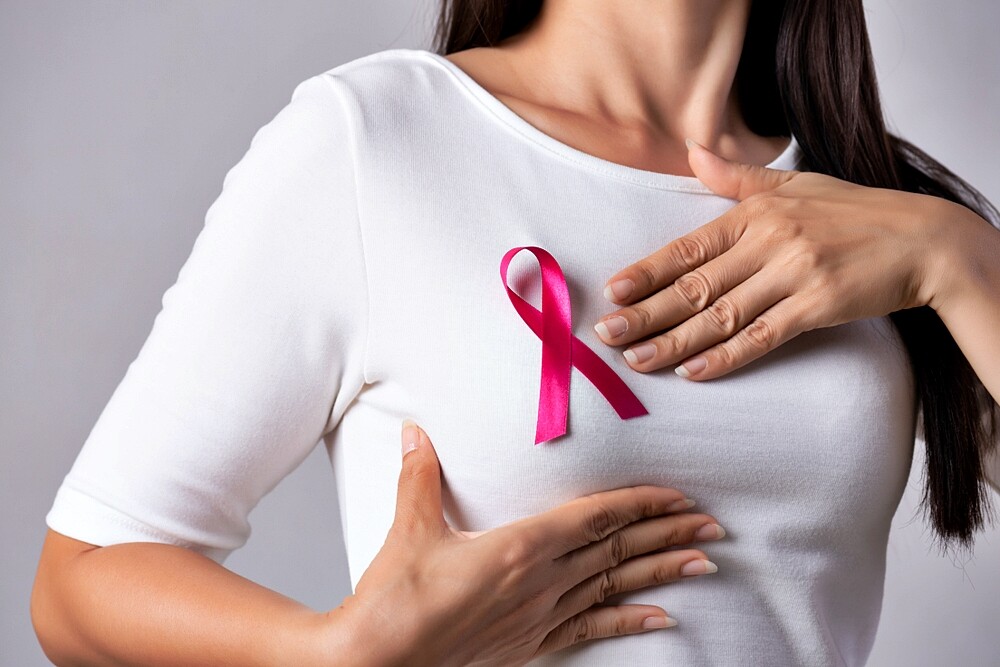The most common breast cancer symptoms are noticeable lumps or hardenings in the breast. But there are more warning signs – you should know these symptoms!
The most common breast cancer symptoms at a glance
If you think of breast cancer symptoms, the first thing you probably have in mind is palpable lumps in your head. But there are many more signs of breast cancer that women should know about.
These symptoms of breast cancer disease you should know
Pay particular attention to the following symptoms for a possible discovery of breast cancer:
- New lumps or hardening of the breast or axilla
- Changing the size or shape of the breast
- Nipple secretions (clear, cloudy or bloody)
- Changes in the skin (e.g. inflammation, dents, redness or scaling)
- Retraction of the breast skin or nipple
- Enlarged lymph nodes in the armpit (usually visible as swelling)
- Different chest movement when the arms are raised
Pain is unlikely to occur in the early stages of breast cancer. However, if the cancer has spread, i.e. there are metastases in the body, pain can occur.
You have breast cancer symptoms? Please stay calm!
Anyone who experiences one or more of these symptoms should have them checked by a doctor immediately. However, it is unwise to immediately assume that you have breast cancer and to panic – there are also various rather harmless causes for abnormalities, such as cysts, a benign tumour or dense connective tissue. Swollen lymph nodes often also indicate an infection. Only a doctor can determine whether it is really breast cancer – and decide on an appropriate therapy.
Early detection can save lives with breast cancer
Early diagnosis of breast cancer can dramatically increase the chances of recovery. In addition to breast examinations by a gynaecologist – which is paid for by the health insurance company once a year for all women over 30 – every woman should have her breast scanned herself every month. Pre-menopausal women do this best one week after the onset of menstruation: during this period the breast tissue is particularly soft and changes can be felt more easily.

